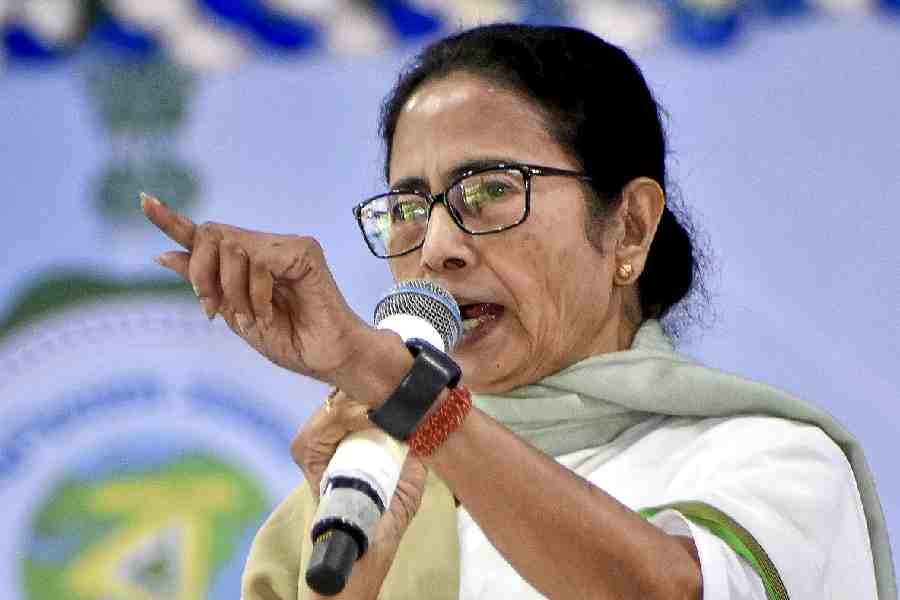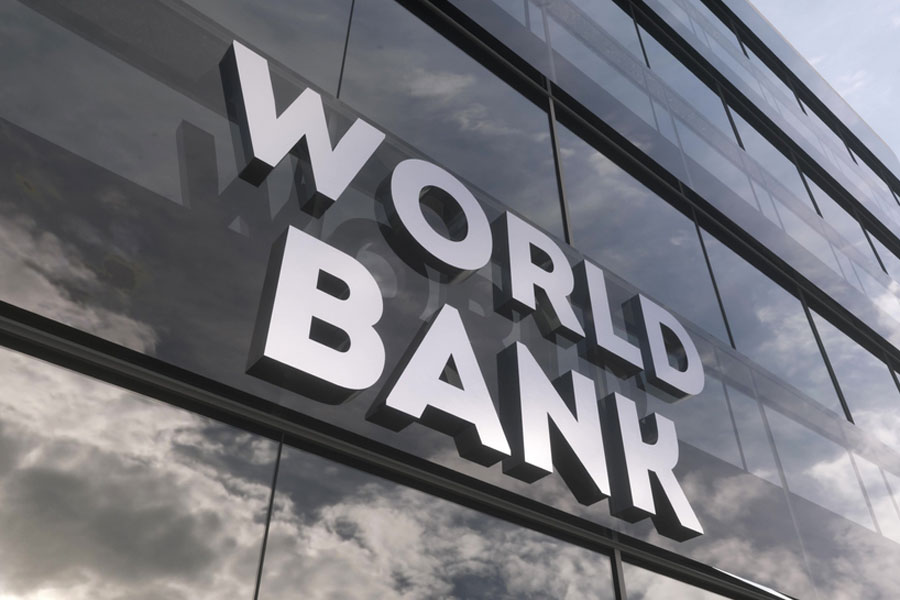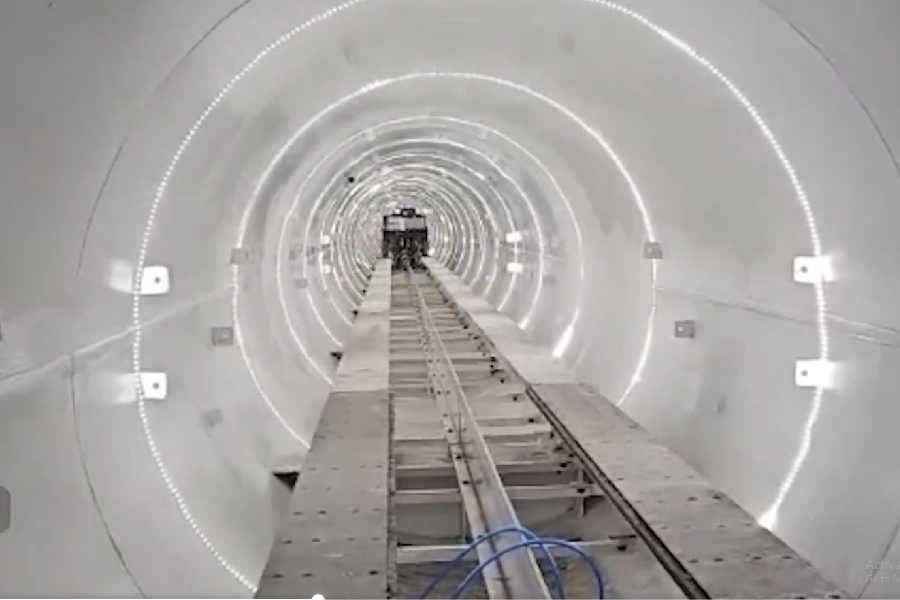India’s infrastructure sector contracted 1.5 per cent in November against a growth of 3.3 per cent a year ago. The infrastructure index, comprising eight industries, has reported negative growth since August. In October, the index contracted 5.8 per cent.
Production of coal contracted 2.5 per cent, crude oil six per cent, natural gas 6.4 per cent, steel 3.7 per cent and electricity 5.7 per cent.
Crude oil, natural gas and steel saw their output shrink at a faster pace in November than in October.
Refinery output was up 3.1 per cent, fertilisers 13.6 per cent and cement 4.1 per cent.
“The contraction in the output of the core industries narrowed significantly to 1.5 per cent in November 2019, reflecting the sequential improvement in 5 of the 8 constituents, namely coal, electricity, cement, fertiliser and refinery products,” Aditi Nayar, principal economist, Icra said.
She said infrastructure contracted at a lower rate on a sequential basis in November which coupled with improved performances by the auto sector and non-oil exports, could see an improvement in the index of industrial production.
CAD narrows
India’s current account deficit (CAD) narrowed to 0.9 per cent of GDP, or $6.3 billion, in the July-September quarter of the current fiscal from 2.9 per cent, or $19 billion, in the same period last year, according to RBI data released on Tuesday.
In the April-June period, CAD stood at $14.2 billion, or 2 per cent of GDP. The contraction in CAD was primarily on account of a lower trade deficit at $38.1 billion compared with $50 billion a year ago.
During the second quarter net services receipts increased 0.9 per cent on a year-on-year basis, on the back of a rise in net earnings from travel and financial services.
Foreign portfolio investment recorded a net inflow of $2.5 billion against an outflow of $1.6 billion in the same period of the previous year.
on account of net purchases in the debt market. Further, the net inflow on account of external commercial borrowings to India was $ 3.2 billion as against $ 2 billion in the same period of 2018-19.
Similarly, transfer receipts, which largely represents remittances by Indians employed overseas, rose to $ 21.9 billion, a rise of 5.2 per cent a year ago.
In the first half of the current year, the CAD narrowed to 1.5 per cent of GDP from 2.6 per cent in the same period in 2018-19 on the back of a reduction in the trade deficit. The trade deficit during the six month period shrank to $ 84.3 billion from $ 95.8 billion last year.
``The current account deficit for the second quarter printed even lower than our expectations of around $ 9 billion, led by a narrower trade deficit and higher secondary income flows. Based on the available trends for merchandise trade for October-November 2019, we expect the current account deficit to shrink further to $ 4-6 billion in the third quarter of 2019-20 (and print at 0.7% of GDP) from $ 16.9 billion in the same period of 2018-19, on the back of the YoY correction in crude oil prices as well as subdued domestic demand’’ Aditi Nayar, Principal economist, ICRA said.
Meanwhile, the RBI released final guidelines on constituting the Board of Management (BoM) in urban co-operative banks. The central bank said that the board of directors (BoD) of UCBs with deposit size of Rs 100 crore and above, shall constitute an BoM and that it shall be mandatory for these banks to constitute BoM for seeking approval to expand their area of operation or open new branches.
These UCBs will also require prior approval of RBI for appointment of their CEOs. The BoM will report to the BoD and shall exercise oversight over the banking related functions of the UCBs and assist the BoD on formulation of policies or any other related matter specifically delegated to it by the BoD for proper functioning of the bank.











